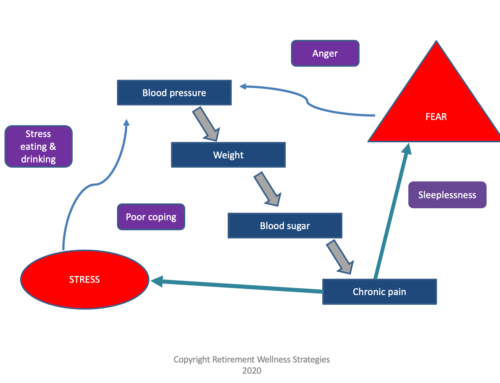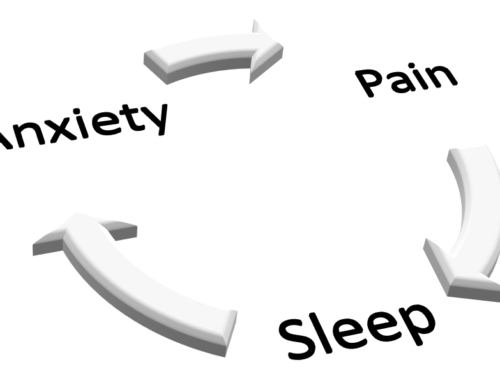Mental health is the second of the four components of health. True health requires health in all four components. Last week we covered physical health. Over the next two weeks we will talk about each of the others separately.
Mental health is getting more attention as an essential component of health. It requires a health system of diagnosis, treatment, and management similar to physical health. Insurance has historically not provided as much coverage for mental health compared with physical. But, finally, that is changing in a very positive way!
A new set of diagnostic standards was published in 2013. This update came after over 10 years of work to refine and identify diagnoses since the previous set of guidelines. The standards cover everything from neurodevelopment disorders (such as autism), schizophrenia, bipolar disorder, and depression to anxiety. They also cover obsessive-compulsive disorder, trauma and stress-related disorders, eating disorders, substance abuse, phobias, and personality disorders.
There are several classes of medications that are prescribed to manage mental health conditions. Some examples include neuroleptics (also called antipsychotics), antidepressants, antianxiety medications, and some medications that are also used to treat seizures.
So what can you do to improve your mental health?
Consistency is very important with mental health. Accurate diagnosis is obviously also key.
These conditions are complex. They are true biologic medical conditions. Sometimes people think these conditions are something someone can control by him/herself. That can lead to shame, denial, or avoidance of these complex conditions. They DO require medical care.
From mentalhealth.gov:
Myth: Personality weakness or character flaws cause mental health problems. People with mental health problems can snap out of it if they try hard enough.
Fact: Mental health problems have nothing to do with being lazy or weak and many people need help to get better. Many factors contribute to mental health problems, including:
- Biological factors, such as genes, physical illness, injury, or brain chemistry
- Life experiences, such as trauma or a history of abuse
- Family history of mental health problems
People with mental health problems can get better and many recover completely.
Counseling is often an essential component of care for these conditions. Qualified counselors listen, coach, and strategize. They can also help diagnose and participate in therapy decisions. They can educate and work with the person with the condition and with all family and caregivers, as approved by the patient.
So mental health conditions are medical conditions just like cancer and diabetes are medical conditions. They are treated with counseling, procedures, and medications. Many require lifetime management (versus one time treatment). So, relationships with the healthcare team are important. You want providers with whom you are comfortable and can be open.
Note, for many mental health conditions, especially depression, medication needs to be taken every day for up to two months to see the full benefit. The medication very gradually changes transmitters in the brain back to healthy amounts. So, please be patient and take the medicine faithfully.
For more information about mental health, please contact us at www.medsmash.com.
For further application, check out my personal blog.
Image Source: National Institute on Aging; National Institutes of Health; U.S. Department of Health and Human Services






